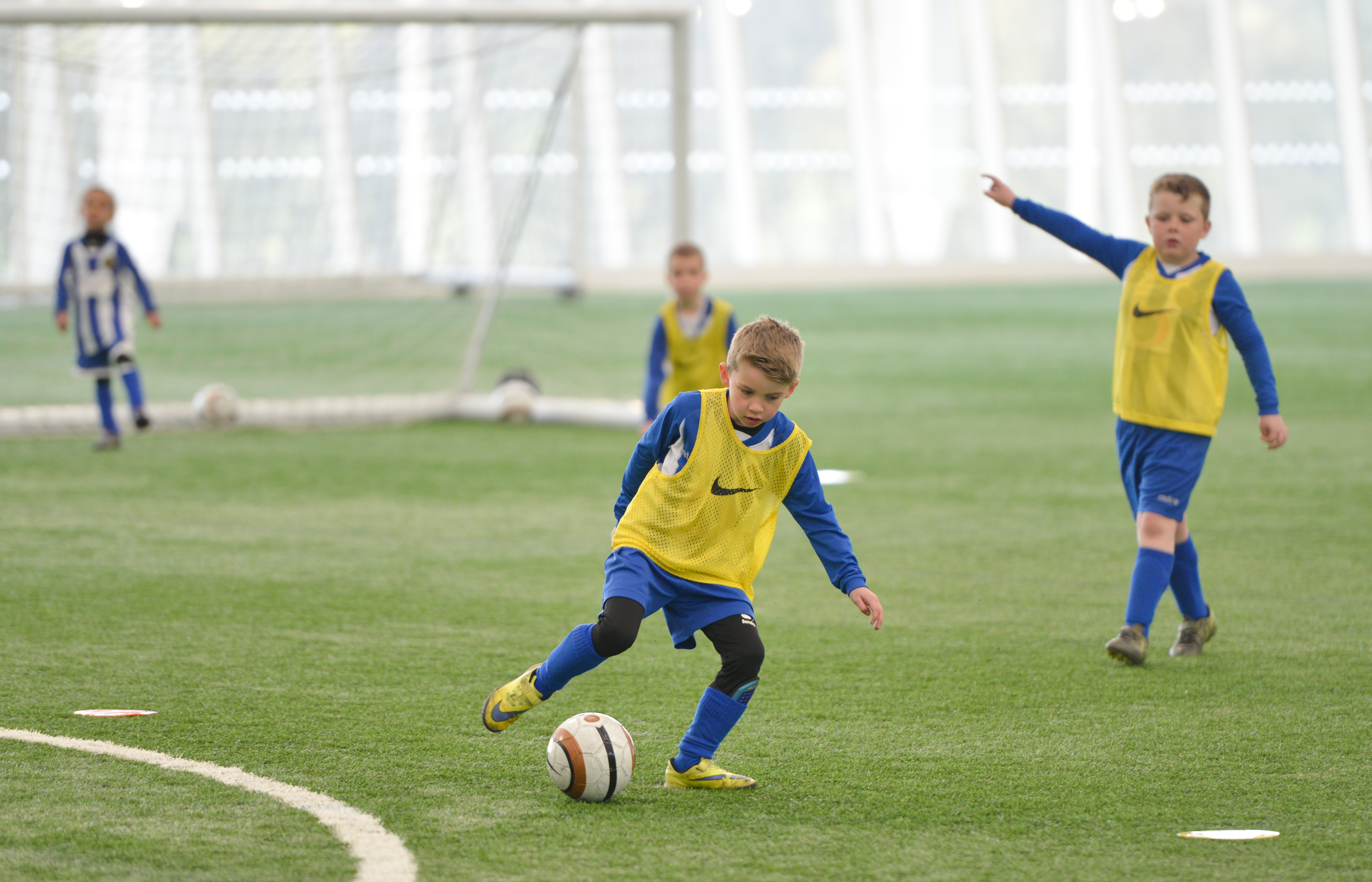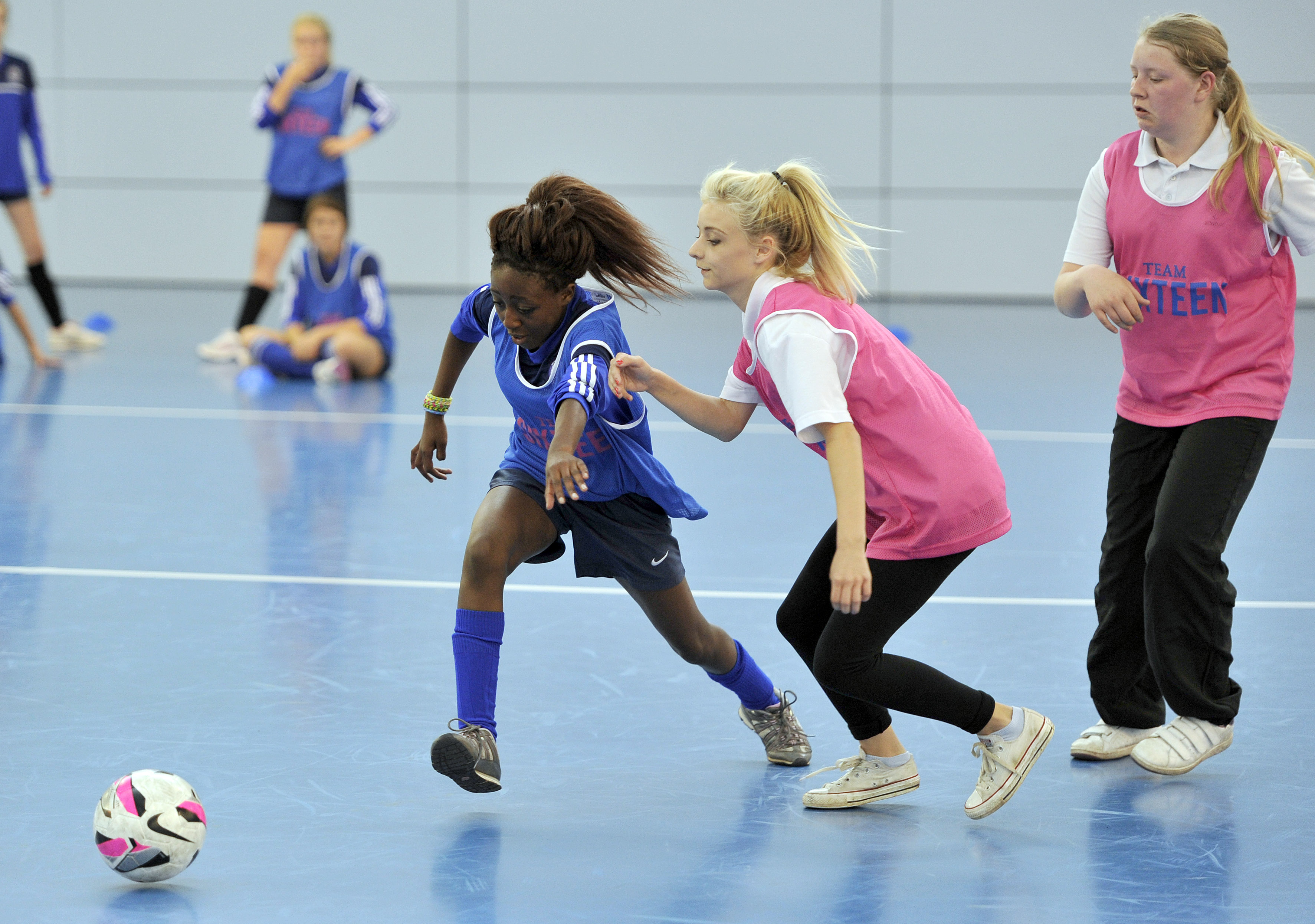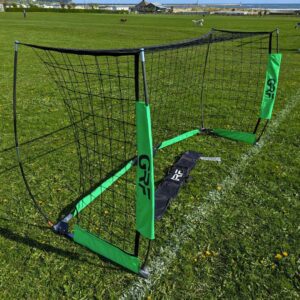This article looks at using a more games-based approach for players aged 5-11 in the Foundation Phase and the potential benefits of this way of working.
For many young children, playing in games of football is the driving force behind their early engagement with the sport and their motivation, enthusiasm and focus remain high when taking part in these games. To clarify, games can be small-number games in training (such as 1v1, 2v2, 3v3) as well as any suitable competitive small-sided game format as part of a league, festival or tournament.
Small sided games are valuable for the development of foundation phase players
The players need this exposure to help their development. The part that we play as adults and coaches is to help manage the ups and downs, the successes and disappointments and the development opportunities that these encounters will provide. We must create an environment that is safe and supportive whilst being competitive and player centred. If we can provide this then there is an increased chance of players staying with the sport and as such giving us, the coaches, a chance to develop them even further
The Approach
If you have the opportunity to take your team indoors to play Futsal in the coming months you will have the perfect opportunity to help players begin to understand the game. Try to place your players in a wide range of different situations. Help them to recognise the situation they are in and then work together to arrive at the most effective solution or outcome. This will take time as these solutions will have to be tried and tested over a long period of time and through a large number of similar repetitions.
For example, in a game of Futsal the player will be challenged to process: where they are on court, how much space they have to play in, how much support (if any) is around, where the pressure might be coming from and how many defenders might be present (this is not exhaustive but gives an idea of all the visual and perceptual processing that might be going on).
Futsal is the perfect activity for the winter months
When the game is going on this will happen in a very short space of time and will require a huge amount of practice to refine the processing of so much information. That is why this approach is a long term one involving lots of repetition of similar but not identical situations and through a coaching methodology that helps and supports the player to make sense of all the information coming in. The role of the coach will be to help the player understand their own capabilities and to support them as they experiment and explore how these capabilities can provide effective solutions to the many situations they will encounter in the game. This approach will also help the player and the coach identify areas that need to be developed in order to be more effective in what they do.
Pete Sturgess is FA Technical Lead for players aged 5-11.
About Pete
Name: Pete Sturgess
Role: FA Technical Lead for players aged 5-11
Follow: @Sturge_p










0 Comments